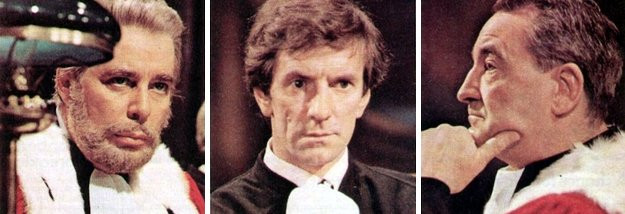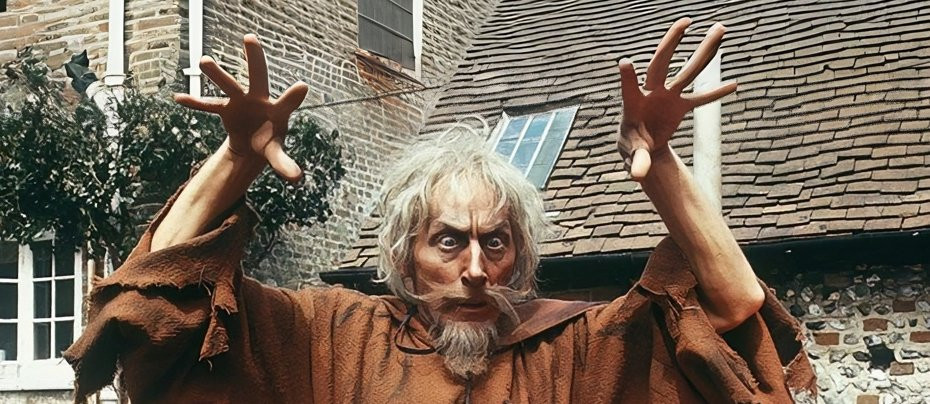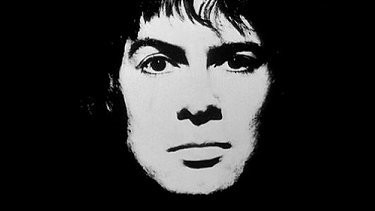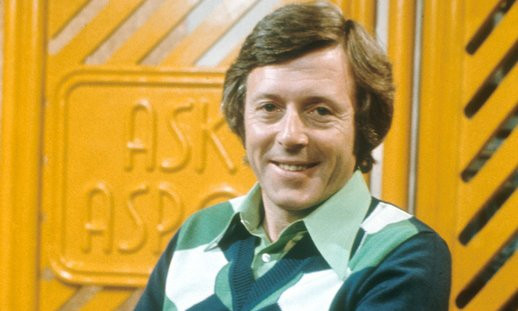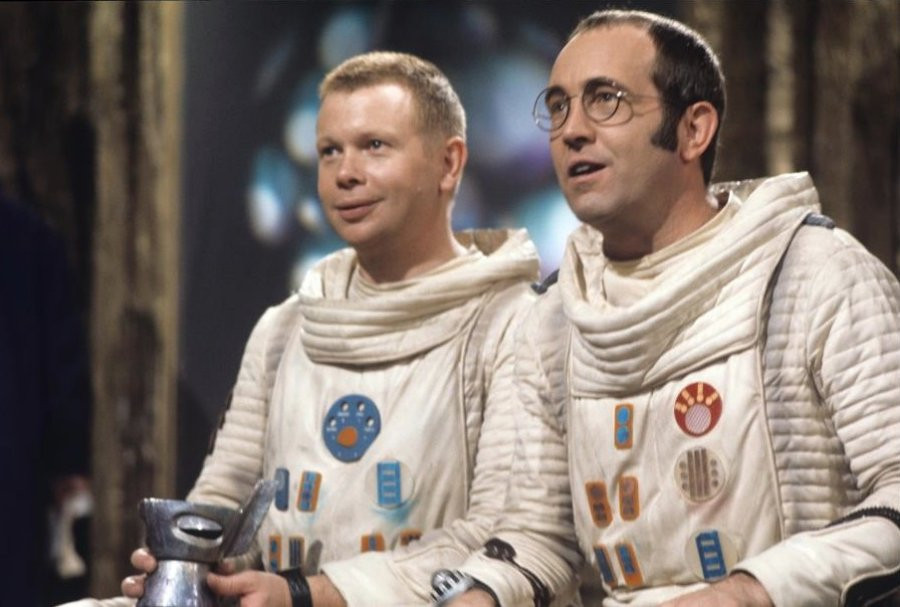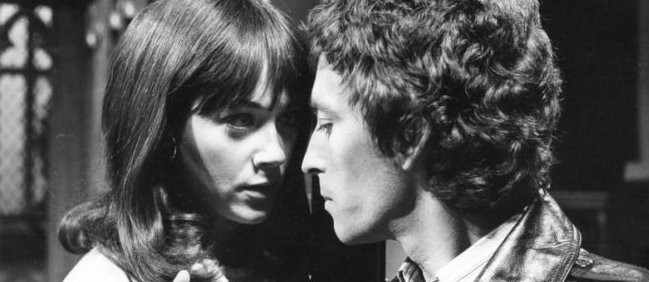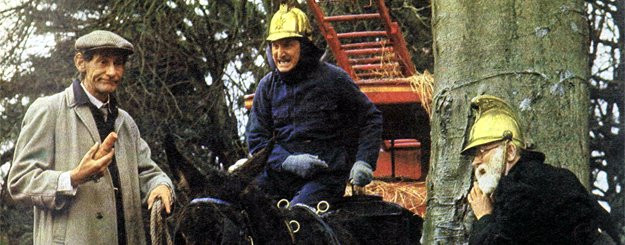
Albert and Victoria
1970 - United KingdomAlfred Marks starring comedy vehicle produced by Yorkshire Television and set, as the title suggests, in the late 19th century when Queen Victoria and her consort Prince Albert were the figureheads on the British throne. It was a period when middle class values were of the utmost importance, where men were men, women knew their place and children were seen but not heard.
Albert Hackett was the ultra-conservative head of his household ruling over his family with an affectionate yet iron fist that upheld strict moral values. The works of Oscar Wilde and Aubrey Beardsley were strictly forbidden in the Hackett home which was comprised of Albert, his wife Victoria, their children and servants. It was a standard domestic sitcom with the flavour of Upstairs Downstairs thrown in (although that particular series didn't arrive on our screens until the following year) and drew a contrast to the less austere age of the swinging 1960s which had just come to an end and the more liberated 1970s which lay ahead.
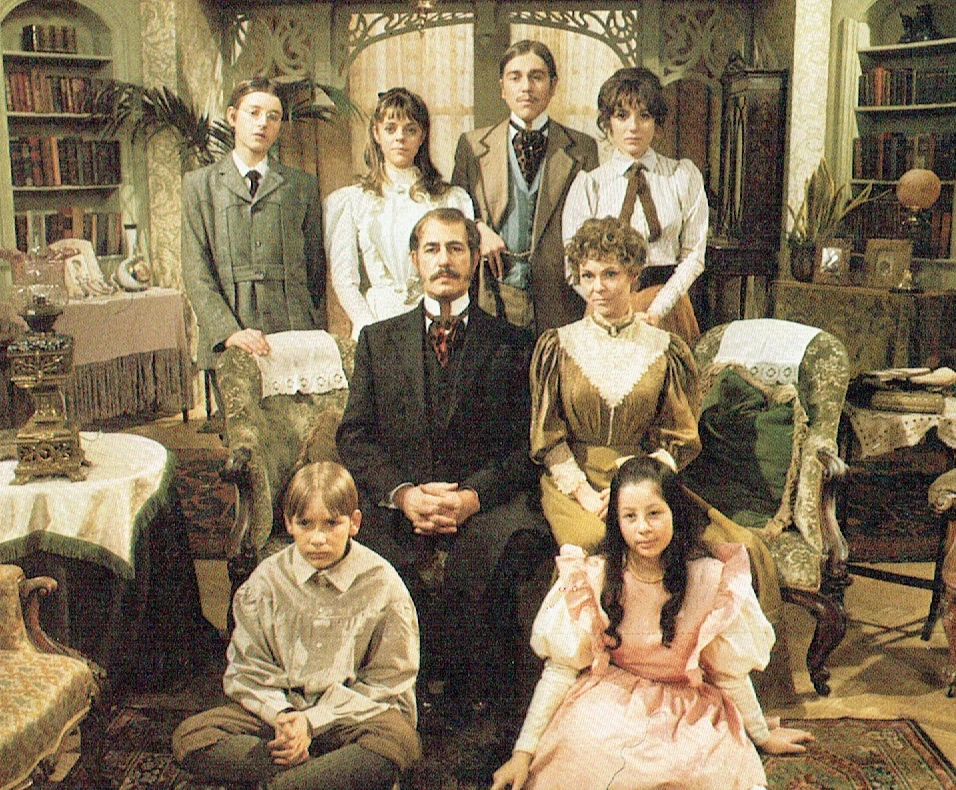
Zena Walker starred as
Victoria in the first series but proved to be unavailable for series two the following year and
she was replaced by Barbara Murray (familiar to viewers of the 1965-69 ITV drama The Power
Game). But after filming just two episodes Murray suffered a miscarriage and had to withdraw
from the series to be replaced by a third Victoria; Frances Bennett (who had appeared in the 1962
-65 BBC series Compact). Alfred Marks had become a popular face on British television since
the 1950s as the large balding star with the distinguished moustache and deep baritone voice first
roared onto the nations screens as the purple faced ex-regimental Sergeant Major Ronald "Tibby"
Brittain in Alfred Marks Time, which, with its bellowed intro, began on 16 February 1956
being broadcast every four weeks, and presented a parade of surprise guest stars, all of whom
appeared unbilled. These included Peter Sellers, Hughie Green and Kenneth Connor as well as an
appearance by Paddie O'Neil (Marks' wife). Marks had first met Sellers on the set of a 1951 film,
Penny Points to Paradise, in which he topped an almost all-Goon cast of Harry Secombe,
Sellers and Spike Milligan. The film has never seen on television and is considered lost, although
Marks is supposed to have bought the last remaining print in order to suppress it!
Seen this show? How do you rate it?
Seen this show? How do you rate it?
Published on November 27th, 2018. Written by Laurence Marcus for Television Heaven.


